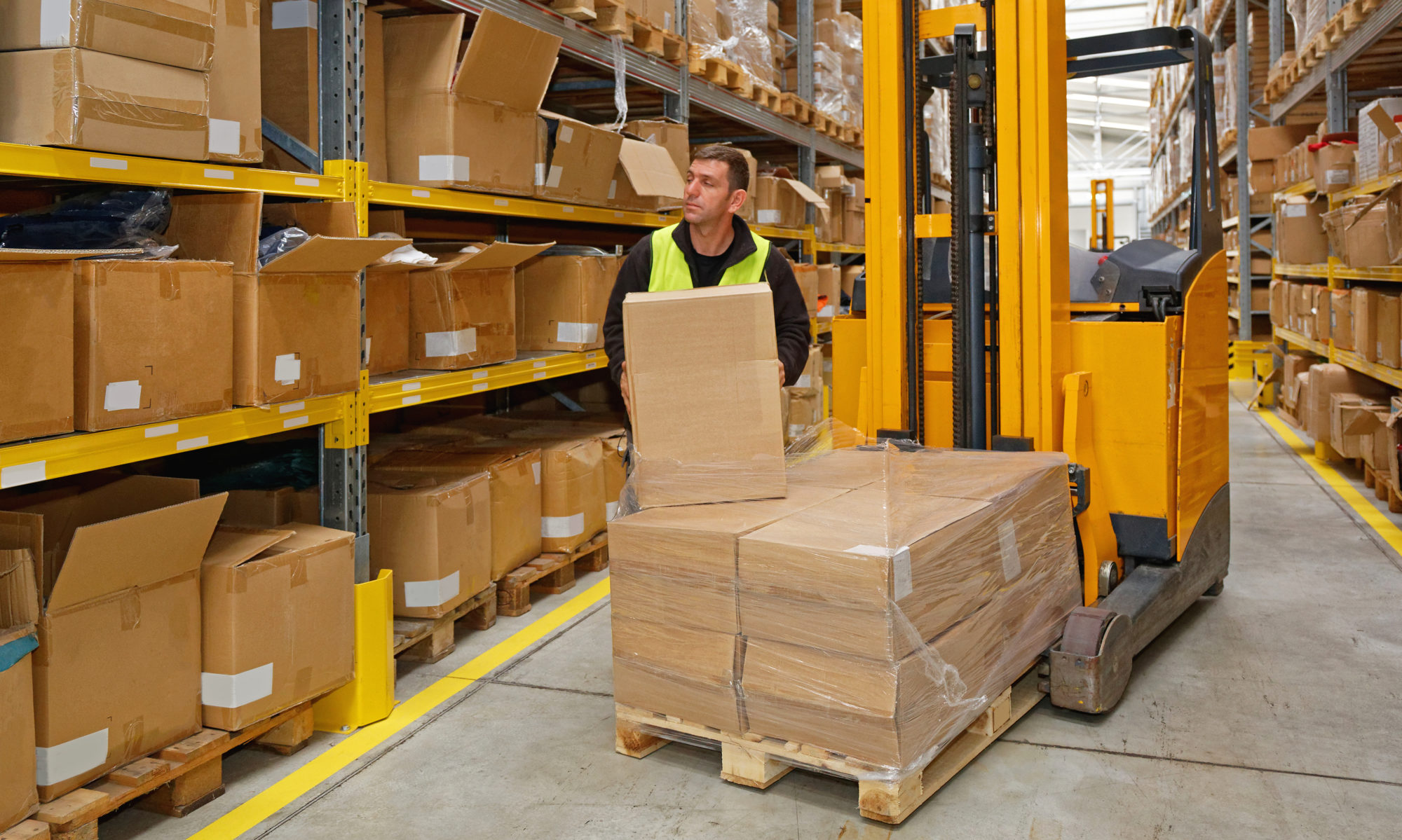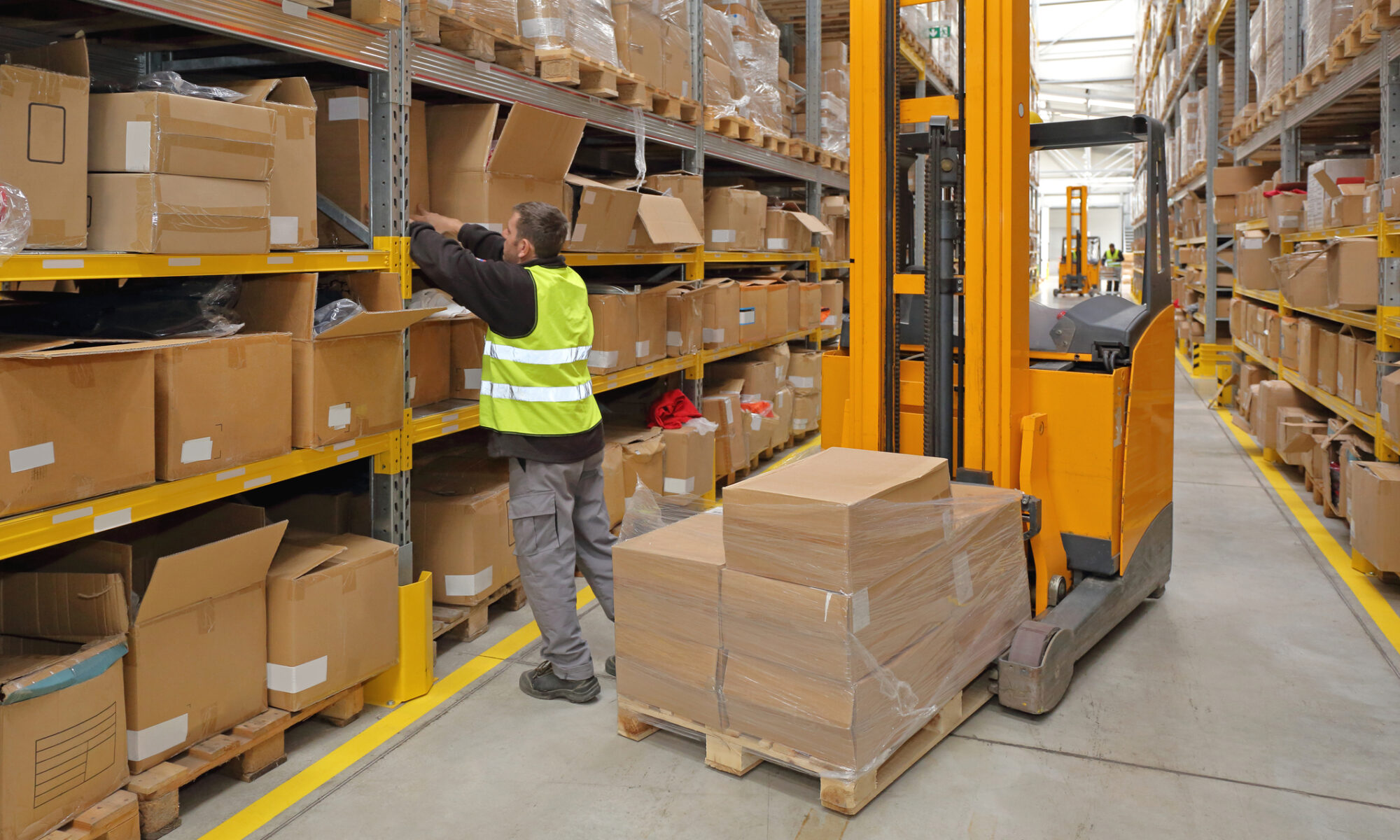Warehouses are busy workplaces that involve a lot of traffic as workers load and unload items, stock inventory, and fulfill orders. Running a fulfillment warehouse means knowing how to keep workers as safe as possible from accidents, including slips, trips, and falls. The Occupational Safety and Health Administration (OSHA) offers the following warehouse safety tips to reduce the risk of these injuries.
Provide Training and Retraining
Ensure that all workers receive training on safety issues, such as properly using personal protective equipment and other safety equipment. Plan on retraining workers as needed, such as workplace changes take place. Training and retraining are important parts of reducing the risk of accidents and injuries in warehouses.
Use Ladders Safely
Warehouse workers should have three points of contact when going up and down ladders. They should also avoid carrying loads that can throw off their balance on ladders. Ensure that all ladders are regularly inspected, and only use portable ladders on surfaces that are flat and stable. These steps can help reduce the risk of falls and other accidents involving ladders in warehouses.
Maintain Safe Floors
Cords and other clutter on warehouse floors can lead to trips and falls, which can result in serious injuries. Maintain clear floors at all times to help prevent these kinds of injuries and accidents. Use rubber mats or other dry surfaces for warehouse workers to stand and walk on when floors are damp or slippery.
Make Loading Docks Safe and Secure
Have fall protection systems in place on loading dock platforms that have unprotected sides. Any portable dockboards that are in use should have handholds to prevent falls and other accidents.
If you’re exploring options to improve efficiency and boost your business, such as partnering with a fulfillment warehouse, please contact Medallion Fulfillment and Logistics.





